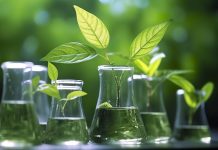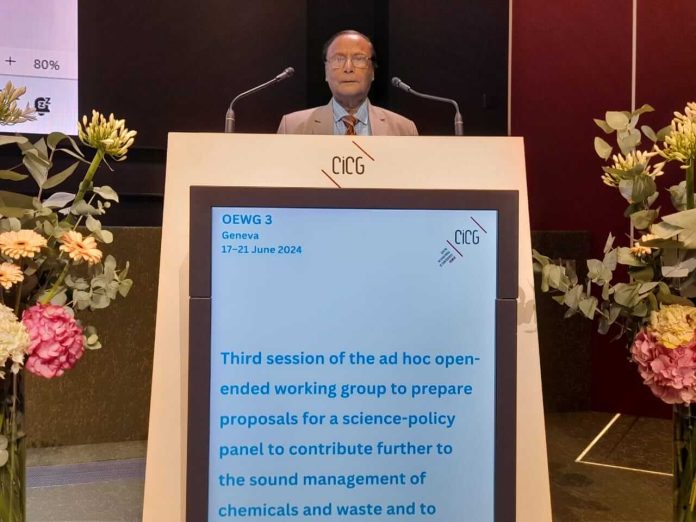In a significant move to combat the global pollution crisis, the United Nations Environment Assembly (UNEA) has taken decisive steps towards establishing a Science Policy Panel (SPP) dedicated to the sound management of chemicals, waste, and pollution prevention. This initiative comes in response to the alarming increase in pollution-related health issues, which result in millions of premature deaths annually.
During the March 2022 UNEA session, member states resolved to set up a science-policy panel to provide robust, independent information to policymakers on chemicals, waste, and pollution. The United Nations Environment Program (UNEP) was tasked with forming an Open-Ended Working Group (OEWG) to develop detailed proposals for the panel. The primary objective of the SPP is to offer policy-relevant advice to United Nations member countries, supporting them in preventing pollution through evidence-based solutions.
The OEWG’s first session was held on October 6, 2022, in Nairobi, followed by meetings in Bangkok (January 30 – February 3, 2023) and Nairobi (December 11-15, 2023). The third and most recent session took place in Geneva, Switzerland, from June 17 to 21, 2024. This session saw participation from over 550 delegates representing 124 countries and 54 observer organizations, including Dr. Bipul Saha from the International Union of Pure and Applied Chemistry (IUPAC).
Prominent speakers at the inaugural session included Tedros Adhanom Ghebreyesus, Director-General of the World Health Organization; Gudi Alkemade of the Netherlands, Chair of the OEWG; Katrin Schneeberger, Director of the Federal Office for the Environment, Switzerland; Sheila Agarwal-Khan, Director of the Economy Division, UNEP; and Tessa Goverse, Principal Coordinator of the OEWG Secretariat, UNEP. They emphasized the need for a focused, inclusive, interdisciplinary approach and evidence-based solutions to address the multifaceted issues of pollution.
During the Geneva meeting, participants engaged in intense discussions covering various critical topics such as the scope, objectives, and functions of the panel; rules of procedure; work program prioritization; stakeholder relationships; and conflict of interest policies.
The involvement of major group stakeholders, including NGOs, businesses, the science and technology community, women, youth, workers, trade unions, farmers, indigenous people, and local authorities, was highlighted as essential for the panel’s success.
IUPAC, as one of the largest global organizations of chemistry professionals, has expressed strong support for the initiative. The organization emphasizes the importance of transparency, accessibility, interdisciplinary collaboration, scientific evidence-based decision-making, conflict of interest policies, and geographical, regional, and gender balance in the panel’s operations. IUPAC also stresses the urgency of the panel’s work, advocating for timely responses to emerging issues.
The next OEWG meeting is scheduled to take place in a few months, followed by an intergovernmental meeting of ministers to formalize the establishment of the Science Policy Panel. With more than 350,000 chemicals registered globally, including 6,000 chemicals accounting for 99% of commercial use, the need for a robust science-policy interface to manage hazardous substances such as endocrine-disrupting chemicals, environmentally persistent pharmaceutical pollutants, and highly hazardous pesticides is critical.
The establishment of the Science Policy Panel is a promising step towards mitigating the adverse effects of pollution and improving public health outcomes worldwide.































